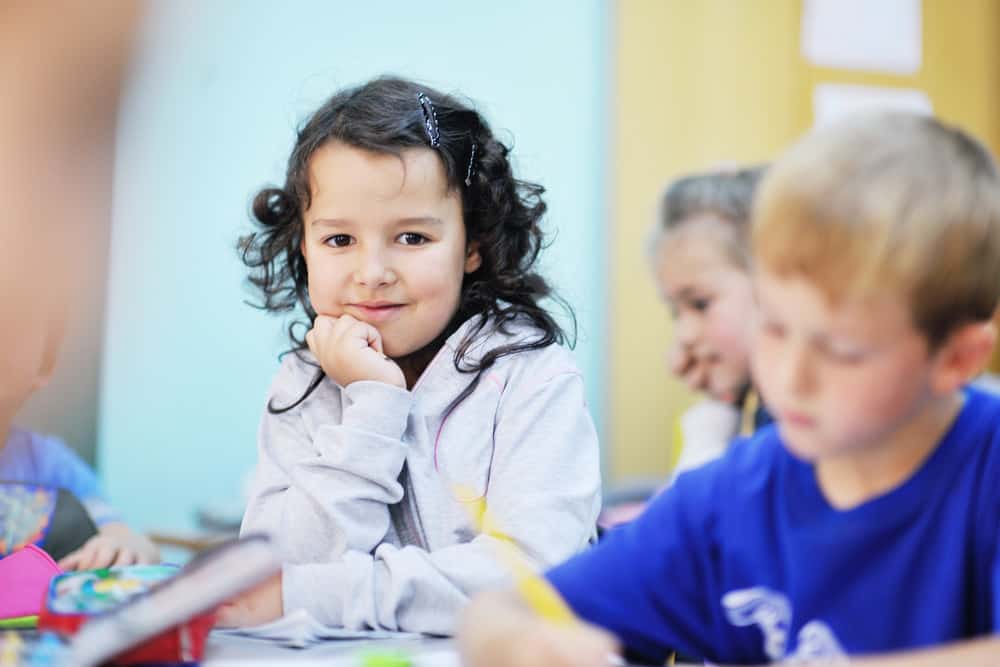Waiting until your child reaches the right age to start sending them to school is not the best idea. Kids need to begin learning earlier, and a great Pre-K program can help them understand how to study, listen to teachers, and socialize with their peers. Teaching them at home is a good start, but they need more preparation for their future school experience. Let’s discover what your child will learn and why they need Pre-K studies.
Prepare for Academics
Some people believe that Pre-K is a waste of time. They think a child will not learn anything of value before kindergarten, but that’s a big misconception. Pre-K helps develop their brains with pre-literacy and pre-math classes. All Pre-K curricula have excellent standards for kids between the ages of three and four, so they can become ready for further education.
Parents can show them numbers and letters at home, but it’s a different experience compared to being in a classroom environment and learning simultaneously with other kids their age. They’ll interact with their peers as the teachers give lessons and slowly begin the nuisances of being another student in the class. At home, they are the stars, but that changes at school. They won’t have a teacher’s undying attention.
Instill Social Skills
Aside from understanding what it takes to learn in a classroom with other kids, possibly interrupting the teacher or distracting them, your child will begin to develop social skills outside of studying. A child may learn about friendship and companionship from his neighbors or close siblings and cousins. However, at Pre-K, they’ll be exposed to strangers.
They’ll have to learn that not everyone is related to them and how to deal with others in that kind of setting. Those social and emotional lessons can’t be taught at home that well. These first learning opportunities are vital for their growth because they might determine their entire future.
Advance in School
It’s easy to think your child will be fine even without Pre-K, but it helps them advance faster. Approximately 33% of kids that start school in kindergarten are 1.5 years behind their classmates. In contrast, children placed in a great preschool or daycare such as the ones offered by The Amazing Explorers Academy are much better off in education and socialization.
Children who don’t stay at home learn to pay attention, share, listen, and wait for others to finish speaking, among other helpful habits. Pre-K also starts giving them responsibilities outside homework, such as cleaning their desks, storing their things in a cubby, and even hygiene. Studies have also shown that being in these programs builds confidence in children.
Learn As Parents
You might be surprised, but Pre-K programs are not just for children. Teachers are trained to notice when a child has different needs or if a child is way more intelligent than others. They can request a meeting with parents to relay that information. You’ll know more about your child than if you always had them at home, just playing around.
Interestingly, you could find out if they should be in an environment with fewer kids. For example, some children develop much better at private schools, which tend to be smaller, as 87% have fewer than 300 children in total.
You’ll also learn how they behave among others or if they need a children’s counselor to help them. Sometimes, parents have even hired private tutoring because a teacher explained how their child was falling behind. The point is that Pre-K is highly beneficial for many reasons, and it’ll help you do the best for your child’s sake.
Consider these things when it’s time to look for a school. Begin as early as you can and offer your kids as many opportunities as possible. A Pre-K program will prepare them for the future, and it’s better to be earlier than to fall behind.



